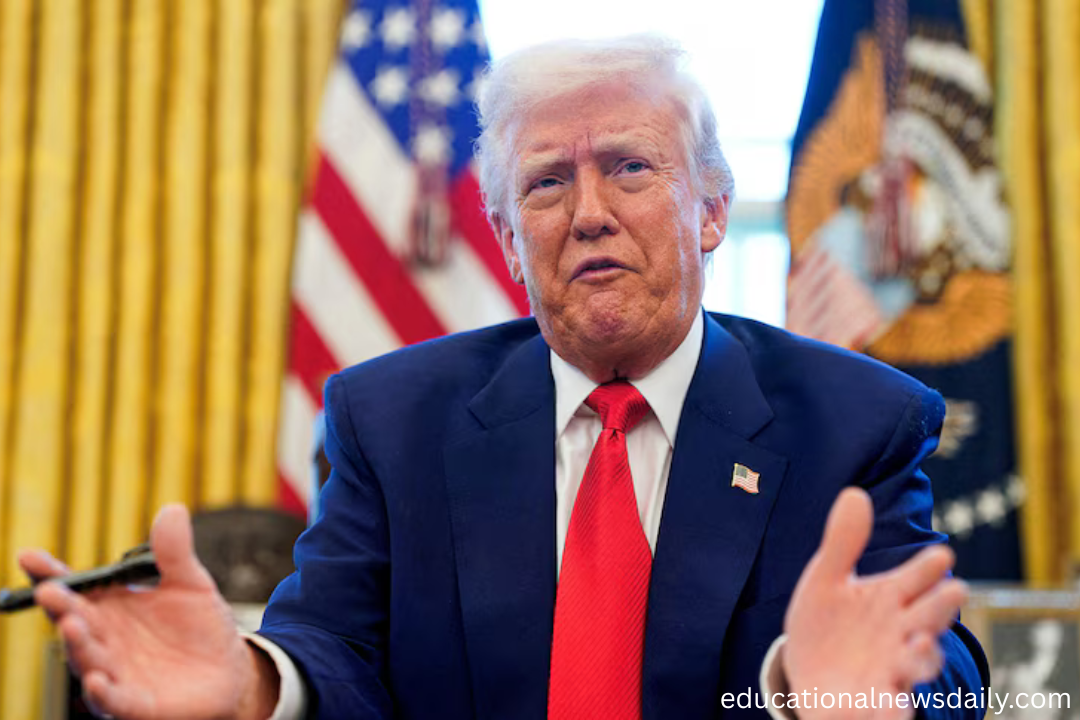Donald Trump, a billionaire businessman and former reality TV star, has long positioned himself as a champion of the “common man.” Despite his opulent lifestyle and elite status, he consistently employs populist rhetoric to connect with working-class Americans. This paradox raises questions about the authenticity of his populist claims and the effectiveness of his messaging strategy.
Crafting a Populist Persona Amidst Wealth
Trump’s rise in politics has been marked by his ability to present himself as an outsider challenging the establishment. His branding as a self-made billionaire who understands the struggles of everyday Americans has resonated with many voters. By leveraging his celebrity status and media savvy, Trump has cultivated an image of success that appeals to those who aspire to achieve the American Dream.
Policies That Favor the Wealthy
While Trump’s rhetoric emphasizes support for the working class, his policy decisions often benefit the affluent. For instance, his tax reforms have been criticized for disproportionately favoring the wealthy, including significant cuts for top earners and corporations. These measures have raised concerns about increasing income inequality and undermining the very demographic he claims to represent.
The Role of Rhetoric in Trump’s Strategy
Directness, repetition, and emotional appeals characterize Trump’s communication style. He often uses simple language to convey complex issues, making his messages accessible to a broad audience. By framing himself as a victim of the elite and positioning his opponents as threats to the nation’s well-being, Trump reinforces his populist narrative.
Cultural Identity and Populist Messaging
Beyond economic concerns, Trump’s appeal taps into cultural and identity-based anxieties. He addresses fears related to immigration, national security, and societal changes, positioning himself as a defender of traditional American values. This approach strengthens his connection with voters who feel marginalized or threatened by rapid cultural shifts.
The Impact of Trump’s Populism on American Politics

Trump’s brand of populism has significantly influenced the political landscape, reshaping party dynamics and public discourse. His ability to mobilize a dedicated base has forced both major parties to reevaluate their strategies and messaging. The enduring nature of his appeal suggests that the intersection of wealth and populism will continue to play a pivotal role in American politics.
Frequently Asked Questions (FAQ’s)
Why is Trump considered a populist?
Trump is considered a populist because he often positions himself as a political outsider who speaks directly to the concerns of everyday Americans, particularly on issues such as immigration, trade, and national identity, despite his wealthy background.
How does Trump maintain a connection with working-class voters?
Trump connects with working-class voters through direct language and cultural messaging, promising to prioritize American jobs and industries while portraying himself as someone who challenges elite institutions.
What are examples of Trump’s policies that contradict his populist image?
Policies such as the 2017 tax cuts, which primarily benefited high-income earners and corporations, and deregulation favoring big business have been cited as contradictory to his working-class rhetoric.
Does Trump’s wealth affect his populist message?
While his wealth creates a contradiction, many of his supporters view his success as evidence of his capability rather than a disqualification from representing ordinary Americans.
How does Trump use media to enhance his populist appeal?
Trump effectively uses both traditional and social media to bypass institutional filters, deliver unfiltered messages, and present himself as authentic and relatable to his base.
What role does cultural identity play in Trump’s populism?
Trump often emphasizes American cultural identity, patriotism, and conservative values, appealing to voters who feel their way of life is threatened by globalization or social change.
Has Trump changed the Republican Party’s identity?
Yes, Trump has shifted the Republican Party’s focus more toward nationalism, anti-elitism, and cultural conservatism, fundamentally reshaping its platform and voter base.
Will Trump’s populist strategy continue to influence U.S. politics?
Given his lasting influence and dedicated base, Trump’s brand of populism is likely to remain a powerful force in American politics, even beyond his campaigns.
Conclusion
The juxtaposition of Trump’s privileged background with his populist messaging presents a complex dynamic. While his policies may not always align with the interests of the working class, his ability to resonate with voters through cultural and emotional appeals remains a potent force. Understanding this paradox is essential for comprehending the current and future state of American political engagement.

